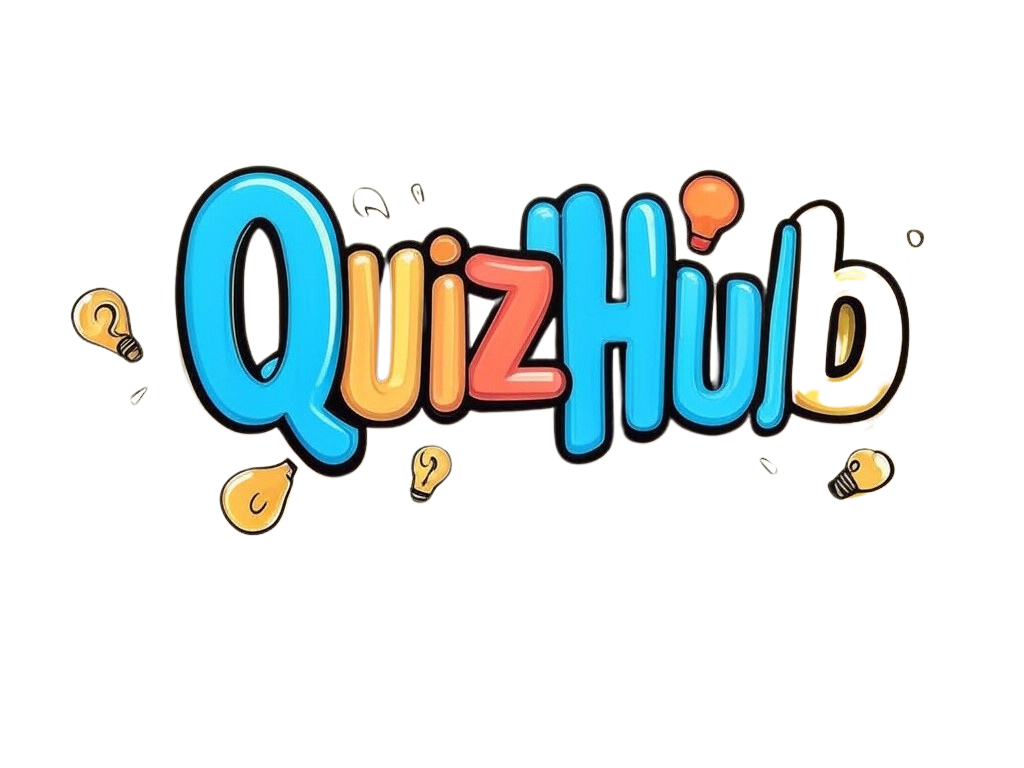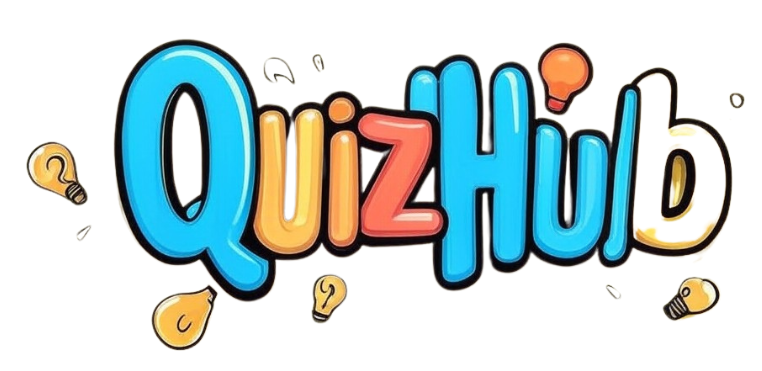- IT Training IT Training
- Business Intelligence
- Project Management
- Data Analytics
- System Testing Lite
- System Testing Pro
- BTECH BTECH
- Maths
- Computers
- MCA MCA
- Maths
- Aptitude
- MBA MBA
- Maths
- Aptitude
- BSC BSC
- Maths (General)
- Computer Science
- Class XII Class XII
- Maths
- Computers
- Physics
- Chemistry
- Biological Science
- Statistics
- Class X Class X
- Chemistry
- Physics
- Maths
- Computer
- Life Science
The Dark Side of the Digital Age: How Pornography Affects Children’s Health in India 🌐🧠
In a world where smartphones and internet access are ubiquitous, the unintended exposure of children to online pornography has become a silent epidemic in India. This growing concern brings profound implications for the mental, emotional, and even physical well-being of India’s younger generation. Let’s delve into the shocking statistics, expert insights, and actionable steps needed to combat this issue.
📊 Alarming Statistics on Exposure
With over 451 million internet users in India (IAMAI, 2020), a significant number of them are minors. As the average age of first internet use drops, the vulnerability to explicit content rises.
- 21% of children aged 13-18 (CRY, 2019) admitted to watching pornography.
- 50% of boys and 30% of girls aged 12-17 (ICPF, 2020) reported exposure to pornography.
- About 30% of teens watch pornography at least once a week.
The frequency and early exposure underscore the urgent need for intervention.
🧠 Mental and Emotional Repercussions
Early exposure to pornography distorts children’s understanding of relationships, consent, and intimacy:
- According to the Indian Journal of Psychiatry (2018), such exposure leads to unrealistic sexual beliefs, confusion, and even shame.
- Psychiatrist Dr. Sameer Malhotra warns that this can disrupt psychological development, causing anxiety, depression, and guilt in a conservative society like India.
🛑 Behavioral Consequences
Pornography is not just a mental health issue but also a trigger for behavioral changes:
- Regular exposure correlates with risky sexual behaviors and even increased aggression (CRY, 2019).
- Juvenile sexual offenses have risen by 7% between 2016 and 2020 (NCRB).
The desensitization to violence and skewed views on consent contribute to these disturbing trends.
📚 Impact on Academics and Social Skills
Children preoccupied with explicit content often struggle in:
- Academics: Poor concentration leads to declining grades.
- Social Skills: Misguided views on intimacy hinder healthy relationship-building.
🏋️♀️ Physical Health Impacts
Although direct physical effects are less documented, indirect consequences include:
- Sleep disturbances and sedentary behavior.
- Risk of developing addictive behaviors related to explicit content.
👩👩👧👦 The Role of Parents and Educators
Protecting children demands a united front from parents, educators, and policymakers:
- Parental Control Tools: Use software to monitor and limit exposure.
- Open Communication: Discuss the dangers of pornography openly.
- Sex Education: Schools must teach the harmful effects of pornography and healthy sexual attitudes.
Expert Opinion:
Dr. Aruna Broota, a child psychologist, emphasizes digital literacy and responsible internet use. She highlights the importance of early intervention to empower children with coping strategies.
✨ A Call to Action
The proliferation of pornography among Indian children is a ticking time bomb. With 30% of teens watching it weekly, the consequences on their mental health, behavior, and future relationships are staggering. It’s time for proactive measures to protect the youth and foster a healthier digital environment.
🔥 Spread the Awareness
#ProtectOurYouth 🛡️ #DigitalResponsibility 🌐 #MentalHealthMatters 🧠
#SayNoToPorn 📵 #EmpowerThroughEducation 📚 #SafeInternetForKids 💻
#FutureOfIndia 🚸 #BreakTheSilence 🗣️
Together, we can ensure a safer and brighter future for the next generation. 💪

QuizHub is a robust and scalable online exam system designed to manage categories, quizzes, and multiple-choice questions. It offers an intuitive and interactive platform that helps prepare candidates for exceptional performance while streamlining the assessment process.

Comments (0)
Loading comments...